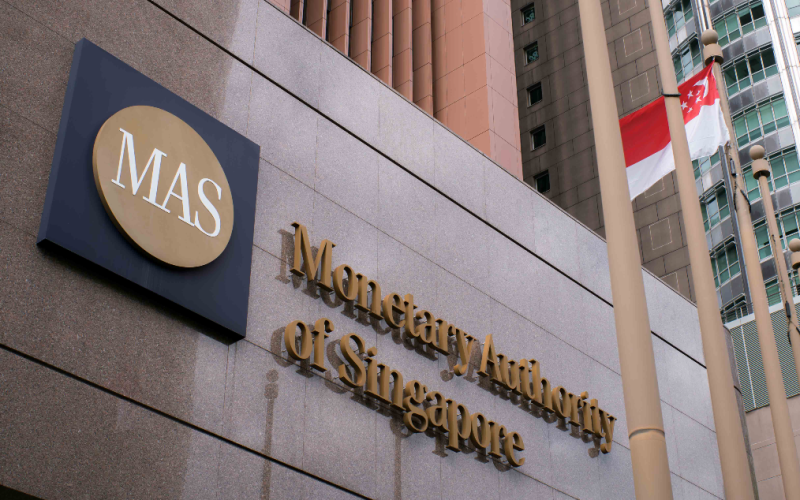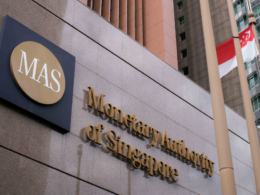Singapore is advancing efforts to develop high-integrity carbon markets through a coordinated set of initiatives led by the National Climate Change Secretariat (NCCS), the Ministry of Trade and Industry (MTI), Enterprise Singapore (EnterpriseSG), and the Monetary Authority of Singapore (MAS).
The initiatives include the release of Voluntary Carbon Market (VCM) Guidance for companies, plans to establish an industry-led buyers’ coalition to aggregate regional demand for high-quality carbon credits, and the creation of a Financial Sector Carbon Market Development Grant to boost participation by financial institutions.
The new VCM guidance, jointly issued by NCCS, MTI and EnterpriseSG, outlines how companies can responsibly use carbon credits as part of credible decarbonisation plans. Developed in consultation with the Singapore Sustainable Finance Association (SSFA), industry stakeholders, academics, and international organisations, the guidance provides principles for identifying high-quality credits, determining their appropriate use, and ensuring transparent disclosures. It will be periodically updated to reflect emerging standards and market developments.
To put these principles into practice, EnterpriseSG is in discussions with major Asian corporates to form a buyers’ coalition that would align procurement and channel demand towards high-integrity carbon credits. Further details are expected in 2026.
Recognising the financial sector’s key role in developing and financing carbon markets, MAS will launch a S$15 million Financial Sector Carbon Market Development Grant. The scheme, running until 2028, will help offset upfront costs faced by financial institutions building carbon market expertise, financing projects, managing transaction risks, and developing innovative platforms.
Applications for the grant open on 1 November 2025, with details available on the MAS website. The initiative forms part of Singapore’s broader strategy to catalyse demand for credible carbon credits and support the growth of market infrastructure and expertise across the value chain.
Ravi Menon, Ambassador for Climate Action and Senior Adviser at NCCS, said carbon markets play a vital role in mobilising finance for climate action while supporting sustainable development in host countries. “Through the VCM guidance, we seek to provide businesses with greater clarity and assurance to tap high-quality credits alongside their own decarbonisation efforts,” he said.
Lee Pak Sing, Assistant Managing Director for Trade and Connectivity at Enterprise Singapore, said the guidance helps companies “develop credible decarbonisation strategies by outlining how to identify and disclose the use of high-quality carbon credits.”
Abigail Ng, Chief Sustainability Officer at MAS, added that financial institutions are central to scaling the carbon market. “The new grant will enable them to deepen expertise, forge partnerships and develop innovative solutions, laying the groundwork for sustained engagement in carbon markets,” she said.
Together, these measures aim to accelerate the development of high-integrity carbon markets in Singapore and across the region, contributing to global efforts to achieve net-zero emissions.


















